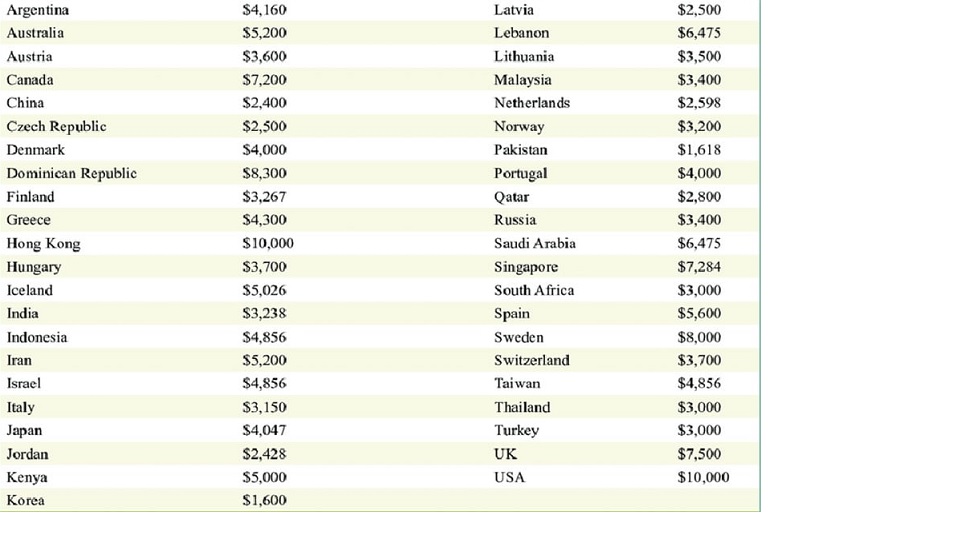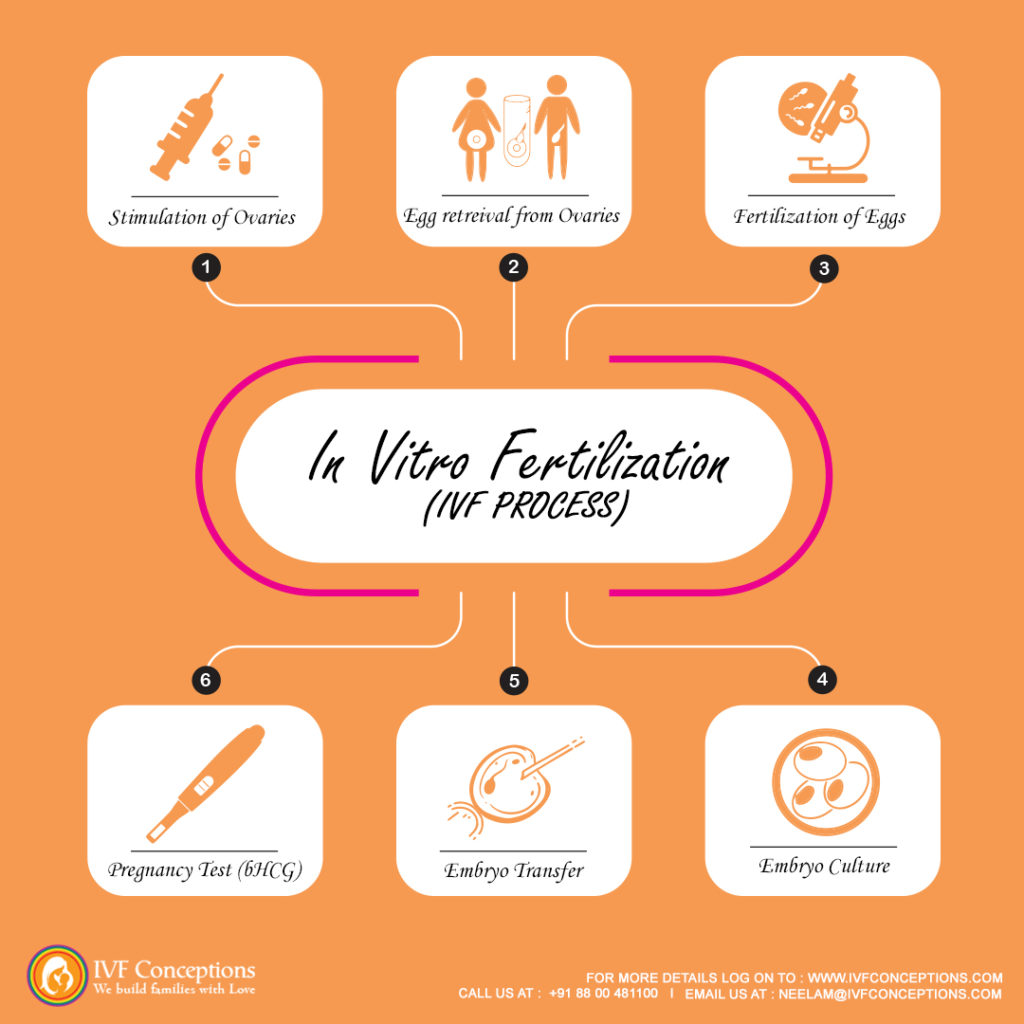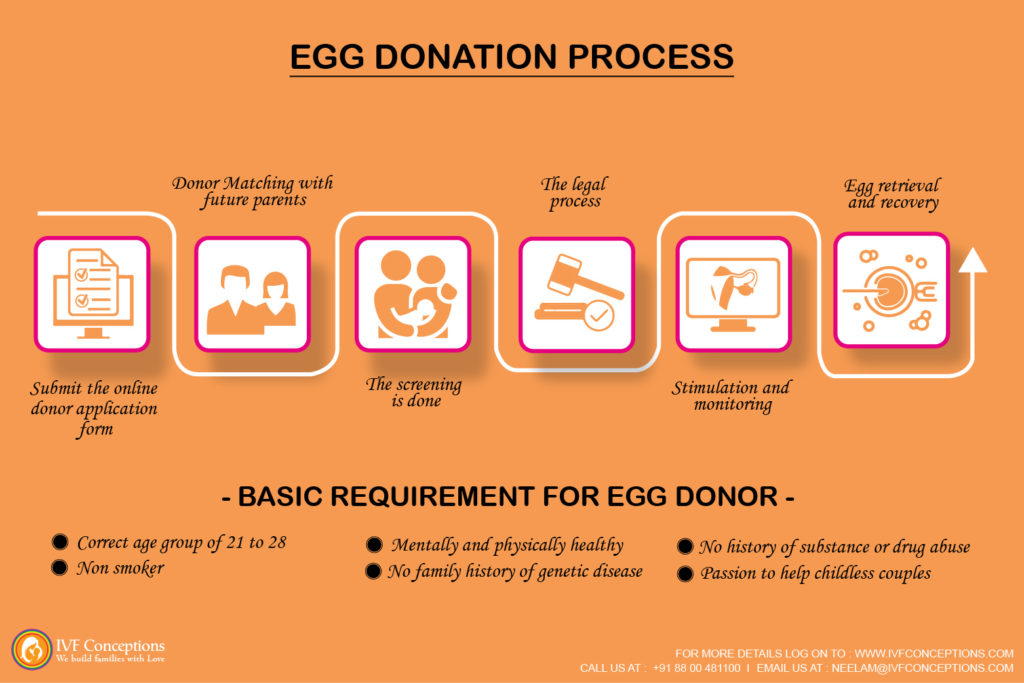What Is Infertility Treatments: Your Comprehensive Guide

What Is Infertility Treatments: A Comprehensive Guide
Infertility affects millions of couples worldwide, but thanks to advancements in medical science, there are now numerous treatment options available. This comprehensive guide explores various infertility treatments, their effectiveness, and what to expect during the process.
Understanding Infertility
Infertility is typically defined as the inability to conceive after one year of regular, unprotected sexual intercourse. For women over 35, this timeframe is reduced to six months.
Common causes of infertility include:
- Ovulation disorders
- Tubal blockage
- Uterine or cervical abnormalities
- Male factor infertility (low sperm count or motility)
- Unexplained infertility
Understanding the cause is crucial in determining the most effective treatment approach.
Diagnostic Tests for Infertility
Before treatment begins, a series of diagnostic tests are usually performed to identify the underlying cause of infertility.
|
Test |
Purpose |
For |
|
Hormone Blood Tests |
Check levels of reproductive hormones |
Both partners |
|
Semen Analysis |
Evaluate sperm count, motility, and morphology |
Male partner |
|
Hysterosalpingogram (HSG) |
Examine fallopian tube patency and uterine shape |
Female partner |
|
Transvaginal Ultrasound |
Assess ovarian reserve and uterine abnormalities |
Female partner |
|
Laparoscopy |
Diagnose and treat conditions like endometriosis |
Female partner |
These tests help doctors determine the most appropriate treatment plan for each couple.
Lifestyle Changes and Natural Remedies
Before moving to medical interventions, doctors often recommend lifestyle changes that can improve fertility:
- Maintain a healthy weight: Both underweight and overweight conditions can affect fertility.
- Quit smoking: Smoking can reduce fertility in both men and women.
- Limit alcohol consumption: Excessive alcohol can impair fertility.
- Reduce caffeine intake: High caffeine consumption may affect female fertility.
- Manage stress: Chronic stress can interfere with ovulation and sperm production.
- Exercise moderately: Regular, moderate exercise can improve fertility.
- Eat a balanced diet: A diet rich in fruits, vegetables, whole grains, and lean proteins can boost fertility.
Medications for Infertility
Various medications can be used to treat infertility, depending on the underlying cause:
- Clomiphene citrate (Clomid): Stimulates ovulation in women with ovulatory disorders.
- Letrozole: An alternative to Clomid for ovulation induction.
- Gonadotropins: Injectable hormones that stimulate the ovaries to produce multiple eggs.
- Metformin: Used in women with polycystic ovary syndrome (PCOS) to improve ovulation.
- Bromocriptine: Treats infertility caused by excess prolactin production.
For men, medications may include:
- Clomiphene citrate to increase testosterone and sperm production
- Antibiotics to treat reproductive tract infections
 Assisted Reproductive Technologies (ART)
Assisted Reproductive Technologies (ART)
ART refers to various medical procedures used to address infertility. The most common ART procedures include:
- In Vitro Fertilization (IVF)
- Eggs are retrieved and fertilized with sperm in a laboratory
- The resulting embryos are transferred to the uterus
- May include ICSI (Intracytoplasmic Sperm Injection) for male factor infertility
- Intrauterine Insemination (IUI)
-
- Prepared sperm is inserted directly into the uterus during ovulation
- Often used for mild male factor infertility or unexplained infertility
- Frozen Embryo Transfer (FET)
-
- Embryos from a previous IVF cycle are thawed and transferred to the uterus
- Egg or Sperm Donation
-
- Used when one partner’s gametes are not viable
- Involves using donated eggs or sperm in IVF or IUI procedures
- Surrogacy
-
- Another woman carries the pregnancy for the intended parents
- Can be traditional (surrogate’s egg used) or gestational (intended parents’ or donor embryo used)
Surgical Treatments
In some cases, surgical intervention may be necessary to treat infertility:
- Laparoscopic Surgery
- Treats endometriosis, removes ovarian cysts or reverses tubal ligation
- Minimally invasive procedure with quicker recovery time
- Hysteroscopic Surgery
-
- Removes uterine fibroids, polyps, or scar tissue
- Performed through the cervix, requiring no incisions
- Tubal Surgery
-
- Repairs or unblocks fallopian tubes
- Success rates vary depending on the extent of damage
- Vasectomy Reversal
-
- Reconnects the male reproductive tract after a vasectomy
- Success rates decrease with time since the original vasectomy
Alternative and Complementary Therapies
Some couples explore alternative therapies alongside conventional treatments:
- Acupuncture: May improve blood flow to reproductive organs and reduce stress
- Herbal Medicine: Some herbs are believed to enhance fertility, but consult a doctor before use
- Yoga and Meditation: Can reduce stress and improve overall well-being
- Nutritional Supplements: Certain vitamins and minerals may support reproductive health
While these therapies may have benefits, their effectiveness in treating infertility is not always scientifically proven. Always consult with your doctor before starting any alternative treatments.
Choosing the Right Treatment
Selecting the appropriate infertility treatment depends on several factors:
- Cause of infertility
- Age of both partners
- Duration of infertility
- Personal preferences and values
- Financial Considerations
Your fertility specialist will help you navigate these options and create a personalized treatment plan.
Success Rates and Expectations
Success rates for infertility treatments vary widely depending on the cause of infertility, the type of treatment, and the age of the woman. Here’s a general overview:
|
Treatment |
Average Success Rate Per Cycle |
|
IUI |
10-20% |
|
IVF (under 35) |
40-50% |
|
IVF (35-37) |
30-40% |
|
IVF (38-40) |
20-30% |
|
IVF (over 40) |
10-20% |
Note: These are general estimates and individual success rates may vary.
It’s important to have realistic expectations and understand that multiple treatment cycles may be necessary.
Emotional Support During Treatment
The infertility journey can be emotionally challenging. Consider these support options:
- Counseling: Individual or couples therapy can help manage stress and emotions
- Support Groups: Connecting with others going through similar experiences
- Mind-Body Programs: Techniques like meditation and cognitive behavioral therapy
- Open Communication: Maintain honest dialogue with your partner throughout the process
Remember, it’s normal to experience a range of emotions during infertility treatment. Don’t hesitate to seek support when needed.
More resource:
All about IVF with egg donation?
Difference between IVF and IUI
Tips for successful IVF cycles
What are the main Infertility causes?
- In a woman, it can be a hormonal imbalance. Condition like PCOS (Polycystic Ovarian Syndrome) and endometriosis is commonly associated with infertility.
- Age can be an important factor for a woman, who is unable to have babies. Fertility is at the top in the twenties but drops gradually after 35 years. After 40 years there is a sharp drop in fertility in women.
- Long-time smoking behavior increases infertility in both males and females.
- Consumptions of alcohol reduce fertility both in males and females.
- A sedentary lifestyle and unhealthy eating habits make it difficult to conceive.
- Being overweight is mostly associated with infertility both in males and females.
- The stressful environment in families or offices.
- Priority over professional commitment can push the ideal age of having offspring to a later stage.
What are the possible infertility treatments?
Although infertility is rising, the good news is that it can be managed. Infertility is not a disease, but a condition that needs medical attention at the right time and emotional support.
The medical technology around Assisted Reproduction Technology (ART) has improved drastically over the years. It means, that more and more couples are getting the benefit of medical advancement and fulfilling their dream of parenthood. However, infertility treatments come with a huge financial cost and emotional turmoil.
The common infertility treatments are:
#1. IUI- Intrauterine Insemination
Intrauterine inseminating is the first line of treatment for couples who are struggling to have babies. It is less invasive and less costly as compared to other advanced treatments like IVF or surrogacy. In this process, sperm are washed and processed before insemination in the female partner.
#2. IVF- ICSI (In-vitro Fertilization)
IVF is a process in which eggs are fertilized with sperm outside the body. In this process, the female partner is stimulated under the strict protocol to produce many eggs in her ovaries. The process of stimulation can take up to 12 days.
Once ova are fully developed up to 18mm, eggs are retrieved from her body and fertilized with the male partner’s sperm. The fertilized eggs are known as embryos and can be implanted in the female partner’s uterus in the hope of implantation.
An IVF Cycle is an invasive fertility treatment and egg picking is done under mild anesthesia. The cost of IVF varies as per the case, but it is, in general, a costly process. The cost of a typical IVF Cycle including the stimulation medication can be between 1,50,000 to 1,80,000 INR.
Even with current modern technology, IVF does not guarantee a 100% positive outcome. The success rate of a typical IVF Cycle can be around 40% ( it depends on many factors).
The success rate of IVF depends on many factors:
- Female partner age
- Male partner sperms quality
- Number of eggs retrieved
- The fertilization rate
- The grade of embryos
#3. IVF with Egg Donor.
In some cases, especially for elderly women, who are unable to produce good and fertile eggs, IVF is done with a younger and healthier egg donor. The egg donor is another lady, who can donate her ova to couples who find it difficult to conceive. The baby is genetically linked with the egg donor as she is contributing half of the genetic material for fertilization.
It is seen that with a good ova from a young and proven egg donor, the success rate of IVF can be improved. Nowadays, almost 40% of IVF cycles are done with the help of donor eggs.
In the case of IVF with an egg donor, the overall cost of the IVF Cycles is increased as the cost of the egg donor is added on top of the IVF cost. The cost of IVF with egg donors can range from 2,50,000 to 300,000 INR.
#4. IVF with Surrogacy
Although most couples can have babies with lifestyle changes. Sometimes, a medical procedure like IVF or IVF with an egg donor is needed. However, to a few couples, gestational surrogacy can be the only way to achieve parenthood.
Achieving surrogacy pregnancy is not an easy job!!
The gestational surrogacy process is the most complex, lengthy, and financially draining process. Any fertility service that includes third-party reproductive assistance comes with its own hurdles.
The common question among prospective parents is to find a surrogate mother and to understand how surrogacy work and we will discuss more this topic.
How much does IVF cost and which is the cheapest country for IVF?
The cost of IVF treatment varies depending upon the fertility clinic you choose as well as the type of treatment.
Just to give an example, if a woman is in a higher age group or has premature menopause, she might need extra medication to improve hormonal imbalance. She might need a higher dose of stimulation medication, which significantly increases the IVF cost. If she needs an egg donor to have an optimum success rate of IVF, then the cost of egg donation is extra.
So, how much does IVF cost? Let’s have an average cost to calculate the infertility treatment cost.
IUI (Intrauterine insemination) costs start from $500
IVF or ICSI procedure cost starts from $3500
Egg donation cost starts from $7000
FET (Frozen embryo transfer) costs start from $1000
PGS (Preimplantation genetic screening) costs start from $3,500 +
IVF Cost in Europe
For European countries, the cost of infertility treatment like IVF is around $5000 to $7000. But the actual cost varies by the country of IVF and the fertility clinic you choose.

IVF Cost in India
India is the cheapest country for IVF or other infertility treatments. The cost of IVF in India is from $3,500 to $5,000. Once when surrogacy was allowed in India, a huge number of IVF cycles were done to match the requirement of the international surrogacy process. But after the ban on foreign surrogacy in India, surely, the number of IVF cycles has reduced.
Still, IVF costs in India remain the most affordable. It is a great hub for fertility medical tourism from countries like Afghanistan, Bangladesh, African countries, and Middle Eastern countries due to the lowest infertility treatment cost. The advanced medical technology good infrastructure, and easy visa processing are added advantages.
So, we can safely say India is the cheapest country in the world for infertility treatments.
Conclusion
Infertility and opting for gestational surrogacy are painful and emotionally draining experiences.
The lack of resources and awareness makes it more difficult for childless couples. The huge cost of infertility treatment and gestational surrogacy with no guarantee of success, makes it frustrating and depressing as well.
However, you need to know that you are not alone and that the right help is available. The first step is to consult an experienced and compassionate surrogacy expert. With the right guidance and awareness, you can make an informed decision.
Motherhood is the best experience, and nothing should stop you from achieving it.
If you’d like to learn more about the cheapest country for infertility treatments, Egg Donation, or surrogacy services globally, check out the rest of our website: IVF Conceptions. We offer legally secure and affordable surrogacy consulting services for FREE.
Get in touch for FREE SURROGACY CONSULTING:
Mobile: +91-8800481100 ( WhatsApp, Line, Viber)
Email: neelam@ivfconceptions.com

Frequently Asked Questions
- Q: How long should we try to conceive before seeking help? A: Generally, couples should seek help if they haven’t conceived after one year of regular, unprotected intercourse. For women over 35, it’s recommended to seek help after six months.
- Q: Are infertility treatments covered by insurance? A: Coverage varies widely depending on your location and insurance plan. Check with your insurance provider for specific details.
- Q: What are the side effects of fertility medications? A: Common side effects may include mood swings, hot flashes, bloating, and in rare cases, ovarian hyperstimulation syndrome (OHSS). Your doctor will monitor you closely for any adverse effects.
- Q: How many IVF cycles should we try? A: The number of cycles varies for each couple. Many doctors recommend considering at least three cycles, but this depends on individual circumstances, including age, cause of infertility, and financial considerations.
- Q: Can stress cause infertility? A: While stress alone doesn’t cause infertility, chronic stress can affect hormone levels and potentially impact fertility. Managing stress through relaxation techniques or counseling may be beneficial.
- Q: Are there any natural ways to boost fertility? A: Maintaining a healthy lifestyle, including a balanced diet, regular exercise, and avoiding harmful substances like tobacco and excessive alcohol, can help improve fertility naturally.
- Q: What’s the difference between IUI and IVF? A: IUI involves placing prepared sperm directly into the uterus, while IVF involves fertilizing eggs outside the body and then transferring the resulting embryos to the uterus. IVF is generally more complex and invasive but often has higher success rates.
- Q: Can male infertility be treated? A: Yes, many cases of male infertility can be treated. Treatments may include lifestyle changes, medications, surgical procedures, or assisted reproductive technologies like ICSI.

 Assisted Reproductive Technologies (ART)
Assisted Reproductive Technologies (ART)



